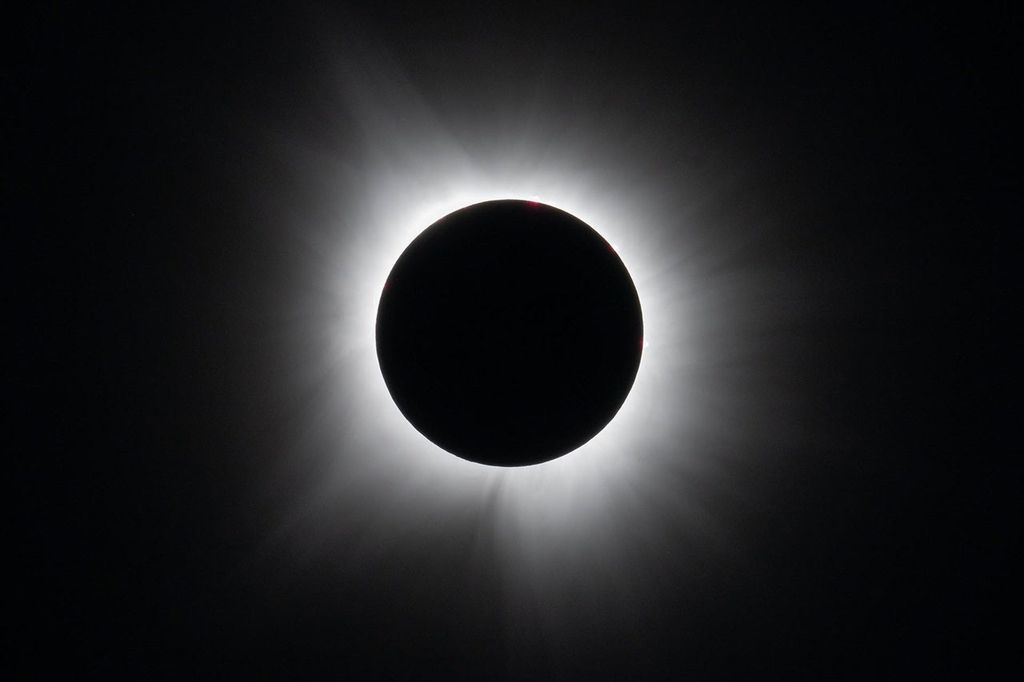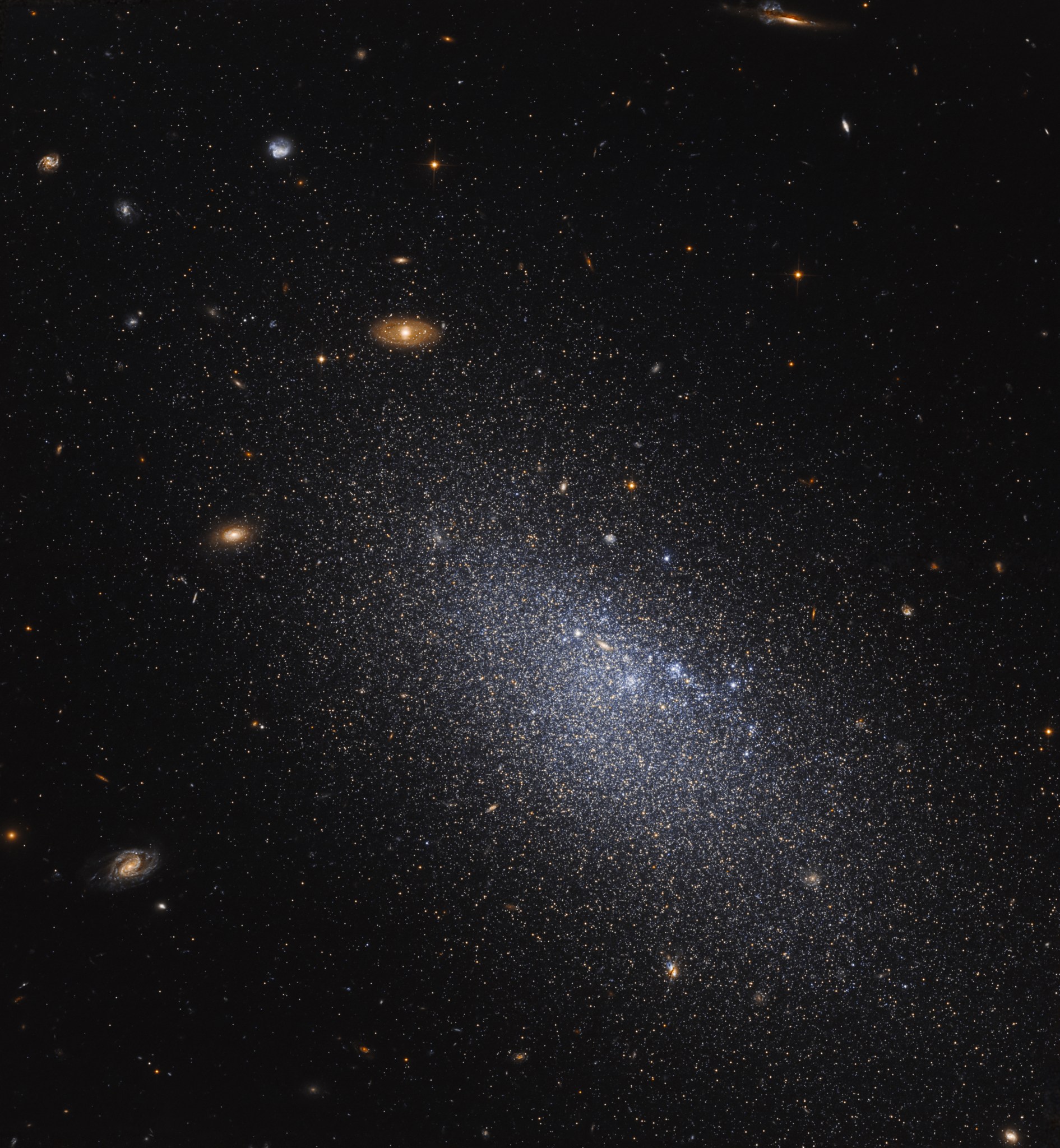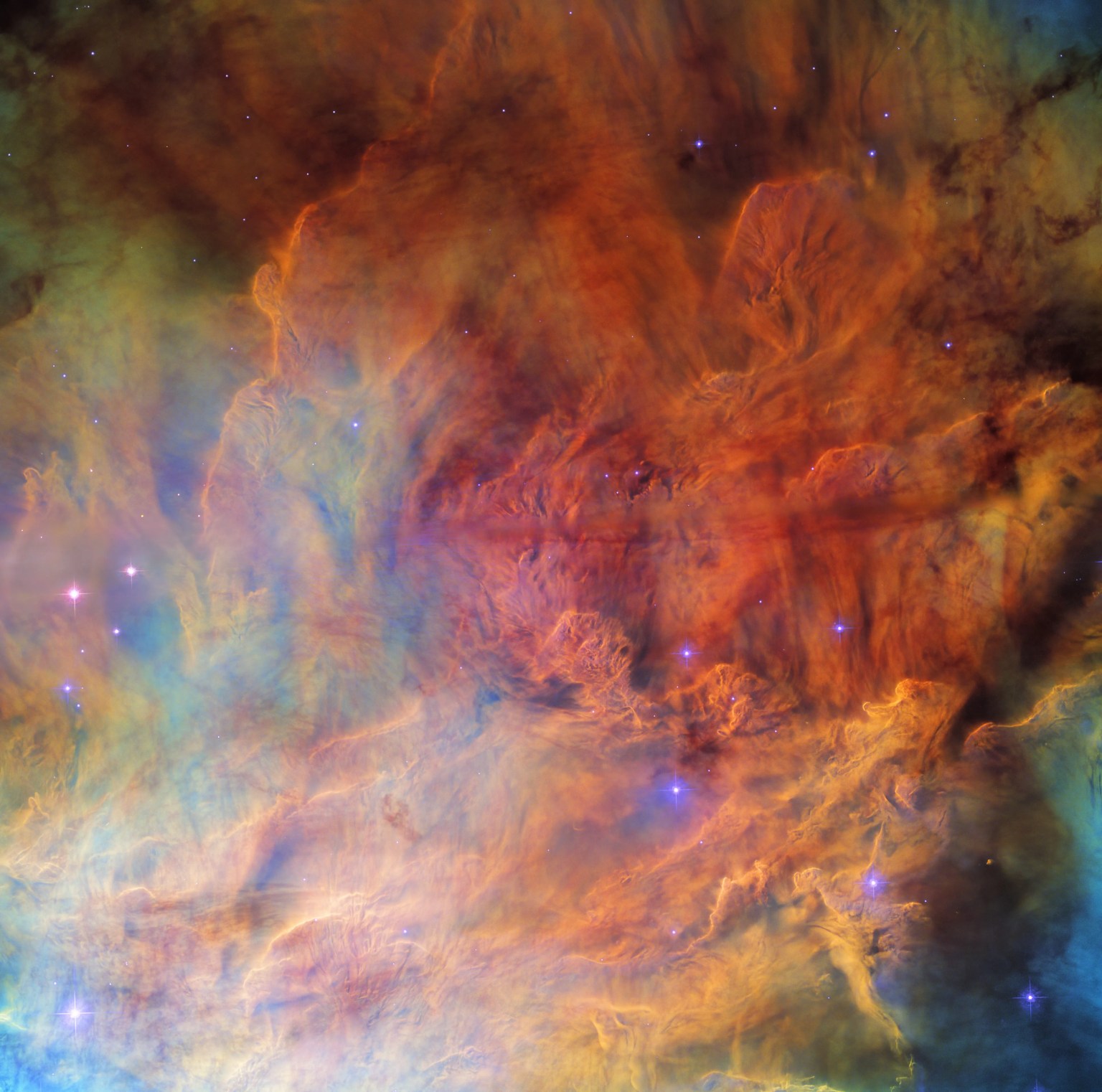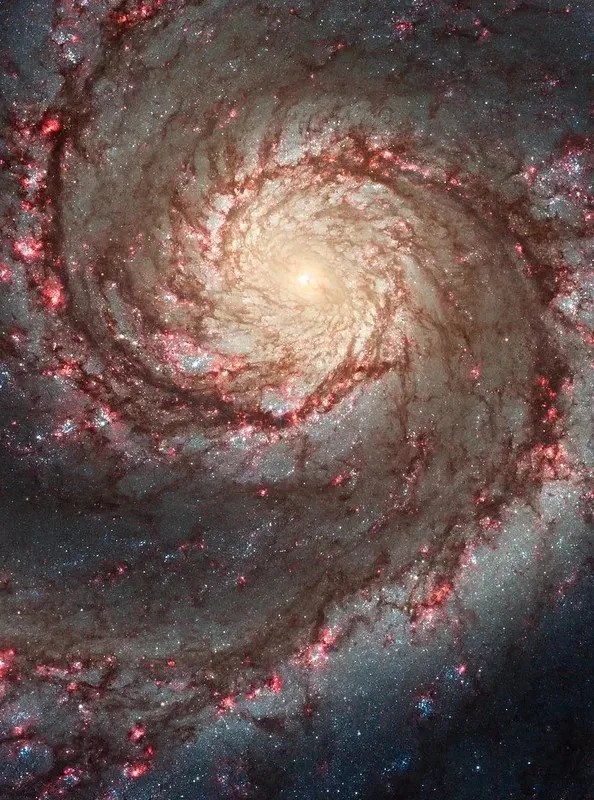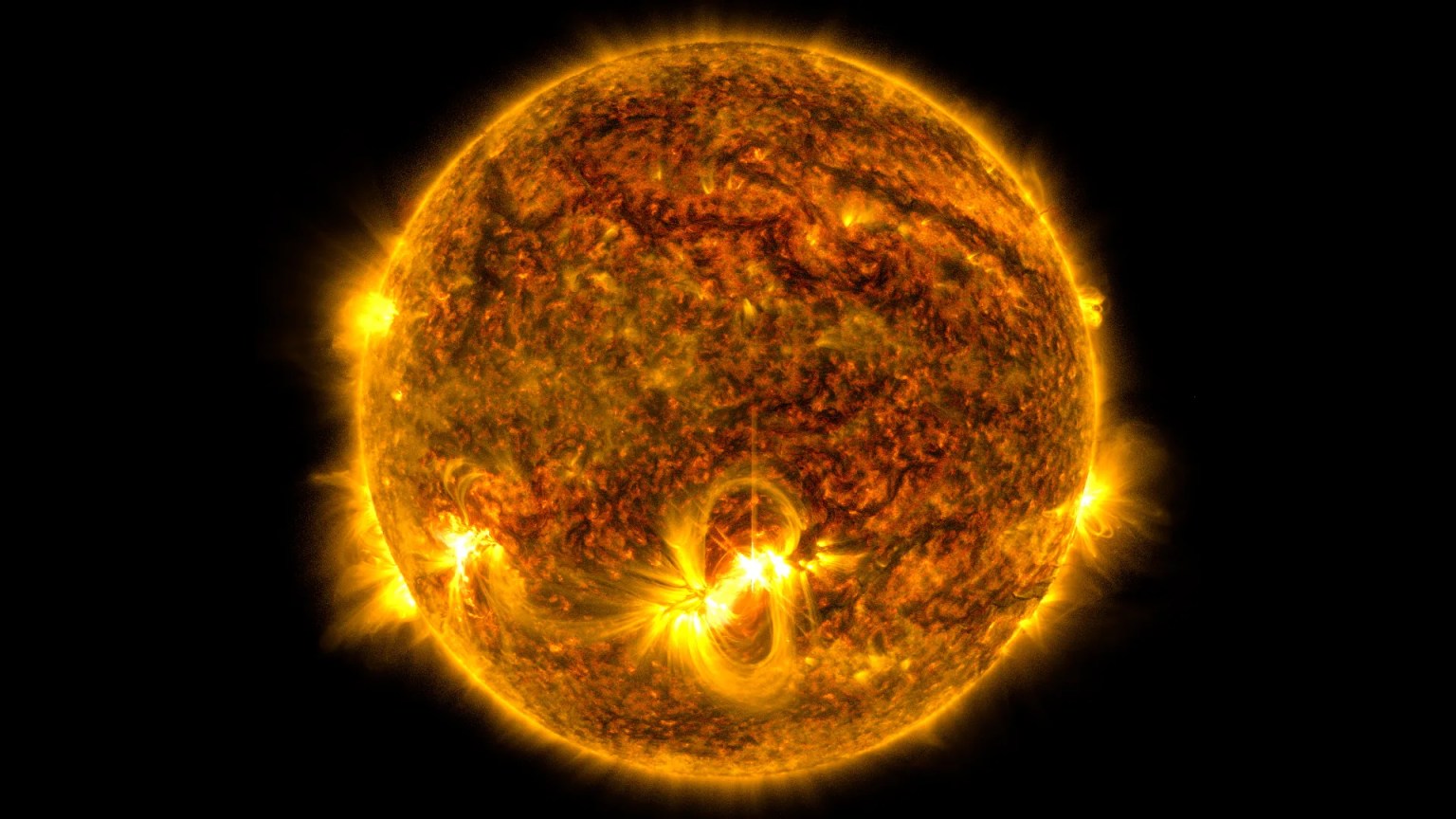This NASA Hubble Space Telescope image captures the dwarf irregular galaxy UGC 4879 or VV124. As this image illustrates, Hubble’s high resolution can detect individual stars, even in the densest parts of the galaxy. This allows astronomers to better determine the galaxy’s distance, and the composition and age of its stars.
UGC 4879 is an isolated dwarf galaxy, lying just beyond our own Local Group of galaxies some four million light-years away. Because of its isolation, astronomers are studying UGC 4879 to determine if it is a relatively undisturbed, old galaxy. Theories suggest that the lowest mass dwarf galaxies may have been the first galaxies to form. If UGC 4879 is a relic of the early universe, it could provide clues to the hierarchical structure and evolution of galaxies, galaxy clusters, and even the universe itself.
The image combines data from two Hubble observing programs, both focused on learning more about dwarf galaxies: how they form and evolve.
Explore More
Media Contact:
Claire Andreoli
NASA's Goddard Space Flight Center, Greenbelt, MD
claire.andreoli@nasa.gov




















